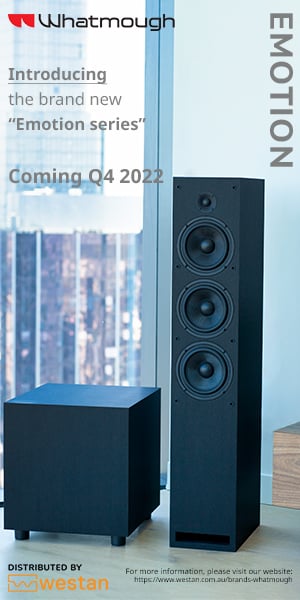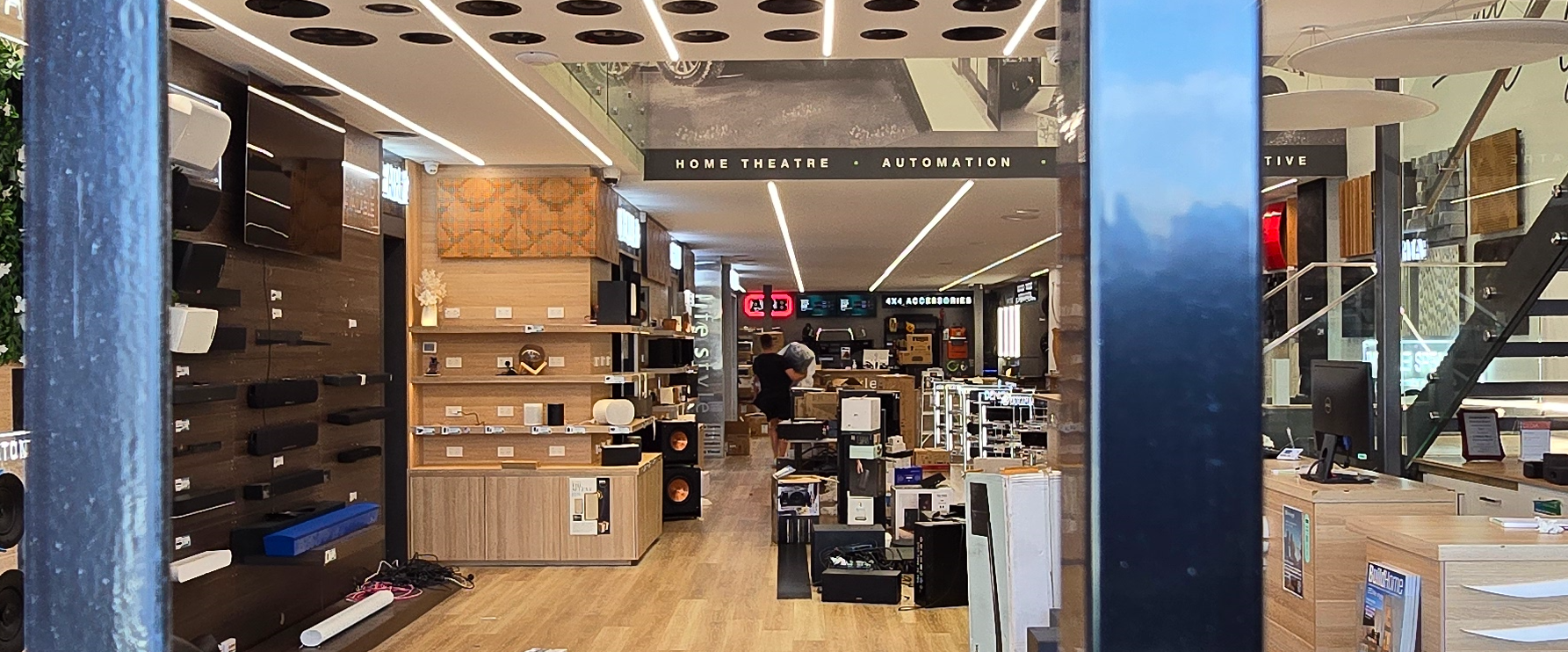As tipped by ChannelNews the looming shortages of pallets is getting worse not better, with CE and appliance distributors struggling to move goods because of shortages, this is set to affect the holiday period supply according to suppliers with one observer claiming, “No one anticipated the speed and severity of the current shortage”.
The Australian Competition and Consumer Commission (ACCC) and the Australian Federal Government have been made aware of the problem facing retailers.
Industry executives have told ChannelNews that there “Simply is not enough pallets to go around and that big retailers such as Coles and Woolworths are now holding onto pallets for their food business.
Another problem impacting supply is that pallets that are in syndication in Australia, are falling apart, because of overuse and that repairs, are taking too long and no new pallets coming into the market.
Transport and logistics group Brambles who own Chep pallets has already warned that the global pallets shortage is hurting the supply chain. Their response was to raise prices claiming that they need to claw back $377 million in soaring timber costs.
Pallet prices are now up 60-70% for end users, with the costs set to be result in additional costs for suppliers who have had to face soaring costs for shipping containers last year.
One observer who did not want to be named said “Our own volume of incoming pallets taking into account returns is down 40% on the same period last year”.
“The impact of the current situation on pricing is that end users are paying 60-70% more than they were last year simply to secure the stock they need. This may ease if the economy cools as predicted. That said, the disparity between supply and demand is greater than we have seen before and will take some time to stabilise.”

403123 06: Gigantic cranes at Hanjin Shipping load 30-ton shipping containers onto the Hanjin Oslo freighter in the Port of Los Angeles March 29 in Los Angeles, CA. Current cranes, averaging 100 feet tall with 137 foot long booms, will soon be upgraded to 240 feet tall with 210 foot long booms. By the end of the year, the nation’s busiest port will become “super-sized” with ever more massive cranes, freighters, and tug boats to meet the insatiable American appetite for cheap imported goods. (Photo by David McNew/Getty Images)
The demand for timber used in pallets has doubled and this drove pallet users to find alternatives, placing more pressure on the supply of reused pallets. The pandemic hastened the move to online shopping creating a much higher level of demand from internet retailers.
“Those who can compromise on size and specification will adapt most easily but many automated storage and order picking systems rely on a specific pallet design, where it will be much more difficult to source a standard pallet size” they said.
“No one anticipated the speed and severity of the current shortage, the one factor that has had a major impact and was never even considered until February of this year was a land war in Europe.”
Last month Australian Food and Grocery Council chief executive Tanya Barden raised the problem with newly appointed Australian Competition & Consumer Commission chair Ms Cass-Gottlieb.
They have also alerted the office of federal Industry Minister Ed Husic to the growing danger to supply chains of the dwindling pallet pool.
The Australian reported that the federal government’s Office of Supply Chain Resilience, created in 2021 to focus on critical supply chain vulnerabilities that affect Australia’s national interest, is aware of the rising anxiety in the $133bn food and grocery sector from a shrinking pallet pool that threatens deliveries of most fast-moving consumer goods – from toilet paper to headache tablets.
Ms Barden has come out swinging against the world’s largest pallet supplier, CHEP – owned by industrial giant Brambles – for failing to invest to increase the pool of pallets available at a time when demand has been rising for years.
“I think CHEP has fundamentally misread the demand for pallets in the market,” Ms Barden told The Australian.
Nessa O’Sullivan. Group CFO and Director at Brambles the owner of Chep, who still owns a property in Mosman but operates out of the UK has not commented on the claims.
Barden said, “Companies are only receiving about 10 to 15 per cent of their pallets from the poolers, CHEP and Loscam.”
CHEP Australia general manager Lis Mannes claims CHEP had engaged on an ongoing basis with customers to discuss their pallet needs and had invested more than $100m during this period to increase its pallet pool.
“There are now materially more CHEP pallets in the market than this time last year, more than pre-pandemic, and more than in CHEP’s 70-year history,” Ms Mannes said.
She said in the six months to Christmas 2022, CHEP was on track to add as many new pallets to its pool as it would usually do in a full year, and it would further increase the size of its pallet pool in 2023.














































